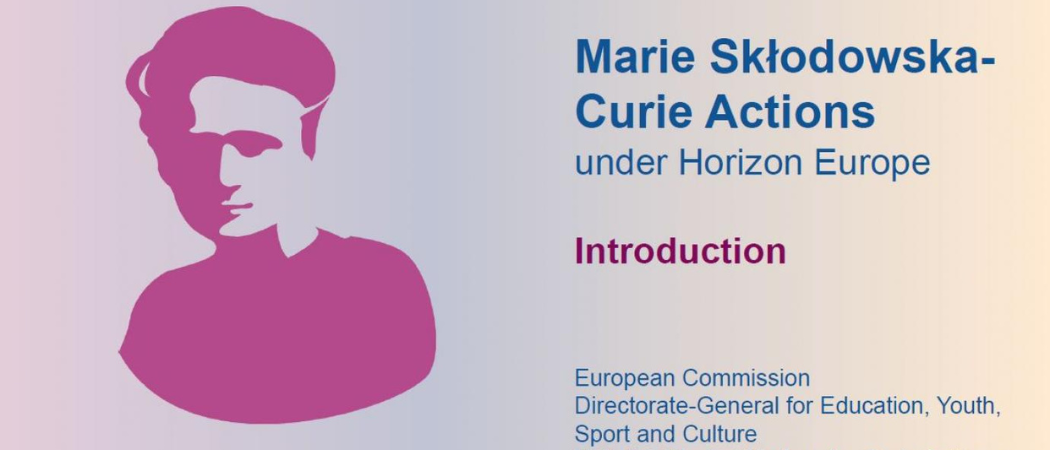Here’s what you need to know about the upcoming call for Marie Skłodowska-Curie Actions’ postdoctoral fellowships

Photo credit: European Union
Science|Business plans to roll out a newsletter tailored for research and innovation professionals. This article provides a sneak peek into the kind of information you may expect in the coming weeks, ahead of a full launch this spring.
In April, the European Commission will open its annual MSCA postdoctoral fellowships call to help connect excellent researchers with host institutions around the world.
It’s a prestigious and highly international funding scheme, which supports over 1,000 researchers in learning and mobility each year. The grantees can choose to go work in a European or non-European institution for up to three years, as long as it’s not the country they currently live in.
The Marie Skłodowska-Curie Actions postdoctoral grants are very popular, with the success…
Discover the latest in research funding every Tuesday with Funding Newswire. Dive into detailed articles with our monthly or yearly subscriptions or start with a free trial
NOTE: if you're a part of one of our Network member organisations, you get free access by signing up with your institutional email. Verify your eligibility here.





 A unique international forum for public research organisations and companies to connect their external engagement with strategic interests around their R&D system.
A unique international forum for public research organisations and companies to connect their external engagement with strategic interests around their R&D system.